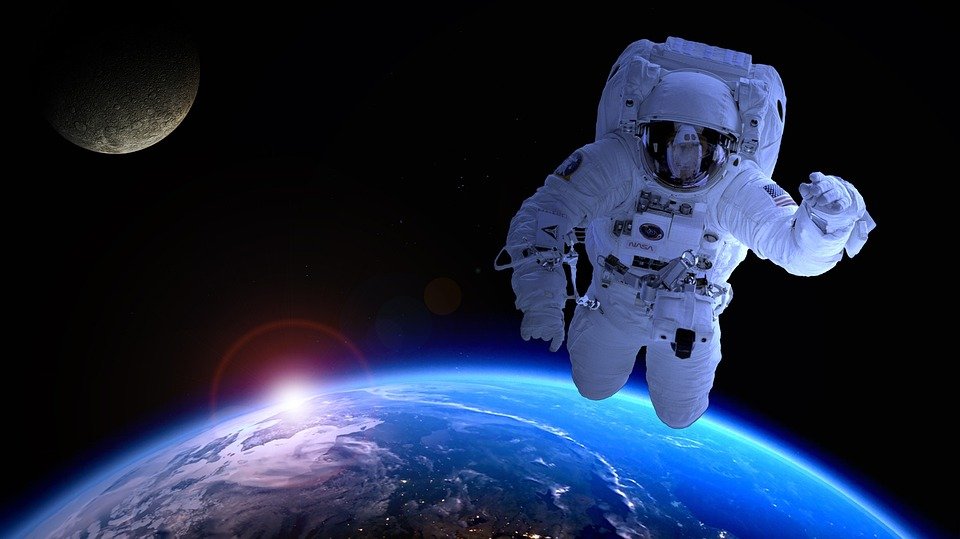Unveiling the Future: Meet the Super Intelligent AI Self Revolutionizing Humanity
Introduction
In recent years, artificial intelligence (AI) has made remarkable advancements, leading to the development of super intelligent AI systems that have the potential to revolutionize humanity. These AI systems are not only capable of performing complex tasks with extraordinary efficiency but also possess the ability to learn, adapt, and evolve on their own. In this article, we will explore the concept of super intelligent AI and its implications for the future of humanity.
The Rise of Super Intelligent AI
Super intelligent AI refers to machines or systems that possess intellectual capabilities surpassing that of human beings. While AI has been around for several decades, recent breakthroughs in machine learning, neural networks, and deep learning have paved the way for the development of super intelligent AI. These systems can process vast amounts of data, learn from it, and make decisions or predictions based on patterns and insights that humans might not even comprehend.
The rise of super intelligent AI has been driven by the exponential growth in computing power, the availability of large datasets, and advances in algorithmic development. As these AI systems continue to improve, their potential applications are expanding rapidly across various industries, including healthcare, finance, transportation, and more.
The Impact on Humanity
The emergence of super intelligent AI has the potential to revolutionize humanity in numerous ways. Here are a few key areas where its impact is expected to be profound:
1. Automation and Job Displacement
Super intelligent AI has the capability to automate complex tasks that were once exclusive to humans. While this automation can lead to increased efficiency and productivity, it also raises concerns about job displacement. Many jobs that are currently performed by humans could be taken over by AI systems, leading to unemployment and socioeconomic challenges. It is crucial for societies to adapt and reskill their workforce to ensure a smooth transition into an AI-driven future.
2. Healthcare and Medical Advancements
Super intelligent AI has the potential to transform the healthcare industry by enabling more accurate diagnoses, personalized treatments, and drug discovery. AI systems can analyze vast amounts of medical data, including patient records, genetic information, and research papers, to provide insights that can help healthcare professionals make informed decisions. This can lead to improved patient outcomes, reduced healthcare costs, and advancements in medical research.
3. Scientific Discoveries and Research
Super intelligent AI systems can accelerate scientific discoveries by processing and analyzing massive datasets at a speed and scale that surpasses human capabilities. These systems can help scientists uncover patterns, make predictions, and generate hypotheses that can lead to groundbreaking discoveries in various fields, including astronomy, physics, biology, and climate science.
4. Ethical Considerations and Governance
As super intelligent AI systems become more autonomous and capable of making decisions with significant societal impact, ethical considerations and governance become crucial. Ensuring that AI systems are aligned with human values, transparent in their decision-making process, and accountable for their actions is vital to avoid potential pitfalls and ensure the responsible use of AI technology.
FAQs
Q: Can super intelligent AI systems replace human creativity?
A: While super intelligent AI systems can analyze vast amounts of data and generate innovative solutions, human creativity is still unique and difficult to replicate. AI systems lack emotions, intuition, and the ability to think outside the box, which are essential aspects of human creativity.
Q: Are super intelligent AI systems a threat to humanity?
A: The potential risks associated with super intelligent AI systems are a topic of ongoing debate. While AI can bring numerous benefits, there are concerns about the unintended consequences of highly intelligent and autonomous systems. Ensuring proper control, regulation, and ethical guidelines are in place is crucial to prevent any potential threats.
Q: Will super intelligent AI systems take over the world?
A: The idea of AI systems taking over the world, commonly referred to as the “AI singularity,” is a speculative concept. While super intelligent AI systems have the potential to outperform humans in various domains, it is uncertain whether they will possess self-awareness or a desire to dominate. The development of AI should be approached with caution and guided by ethical considerations.
Conclusion
The emergence of super intelligent AI systems has the potential to revolutionize humanity across various sectors. While the possibilities and benefits are immense, it is crucial to navigate the path of developing and deploying AI with caution, considering the ethical, social, and economic implications. The responsible and mindful integration of super intelligent AI systems can pave the way for a future where humans and AI work together, complementing each other’s strengths and achieving unprecedented advancements for society as a whole.

